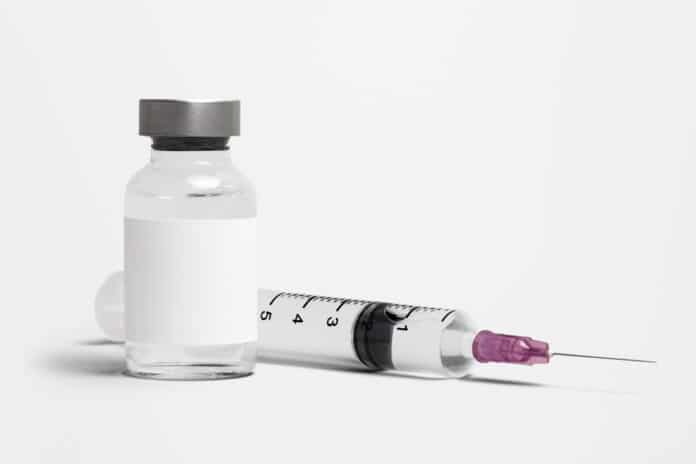EPFL scientists have developed a new drug to diagnose an inherited form of Amyotrophic Lateral Sclerosis. The drug is a viral vector, an increasingly common tool that biologists and clinicians can use to modify the genetics of cells. Viral vectors are derived from viruses whose genes essential for replication have been taken out and replaced by therapeutic genes. The modified virus can then safely deliver genetic information into host cells and be used for gene therapy.
Amyotrophic lateral sclerosis (ALS), often called “Lou Gehrig’s Disease,” is a rare neurodegenerative disorder that causes progressive muscle wasting and weakness, leading to death within 3-5 years. What causes the disorder is still unclear, but scientists know that the disease involves a complex array of factors that affect different molecular pathways along the motor neural axis.
The European Medicines Agency (EMA) allots Orphan Drug Designation to prescriptions that can be utilized to diagnose, prevent, or treat an uncommon yet life-threatening or chronically weakening condition that impacts almost five of every 10,000 individuals in the European Union.
This newly developed viral vector is an adeno-associated virus modified to produce a small molecule of RNA, or microRNA. The microRNA disturbs the generation of the enzyme superoxide dismutase 1. This enzyme has been involved in the development and progression of ALS by numerous examinations and is one of the significant focuses for treating the malady.
Gene mutations for superoxide dismutase 1 represent 20% of ALS’s hereditarily inherited (“familial”) types. So far, researchers have distinguished more than 160 such changes that transform the enzyme into a poisonous particle whose action causes the degeneration of motoneurons, the cells that transmit muscle-moving driving forces from the spinal cord to the muscles.
Bernard Schneider, the EPFL scientist who leads the development of a new drug aimed at Amyotrophic Lateral Sclerosis (ALS), said, “We are thrilled that the EMA endorses the soundness of our new therapy against this devastating rare disease. We are highly motivated to bring our patented approach to the clinic and address this unmet patient need. We are grateful to the Swiss ALS Foundation and Catalyze4Life for helping us on this path.”
The idea behind the drug is that the viral vector can be used to deliver the enzyme-blocking microRNA to motoneurons and also astrocytes, a class of brain cells known to support the function of neurons but which can also contribute to the death of motoneurons in ALS. Citing previous studies, the scientists expect that by blocking the expression of superoxide dismutase 1 in these two cell types, the drug can slow down or even abolish the degenerative impact of ALS.
The Orphan Drug Designation was supported by the Swiss ALS Foundation and the Remedys Foundation. It was organized by the Catalyze4Life program, the Innovation Initiative by EPFL’s School of Life Sciences, and the EPFL’s Technology Transfer Office.
Professor Bart Deplancke, who chairs the Scientific Committee of Catalyze4Life said, “It is challenging to bridge the funding and development gap for potential therapies at an early stage before projects enter clinical development.
